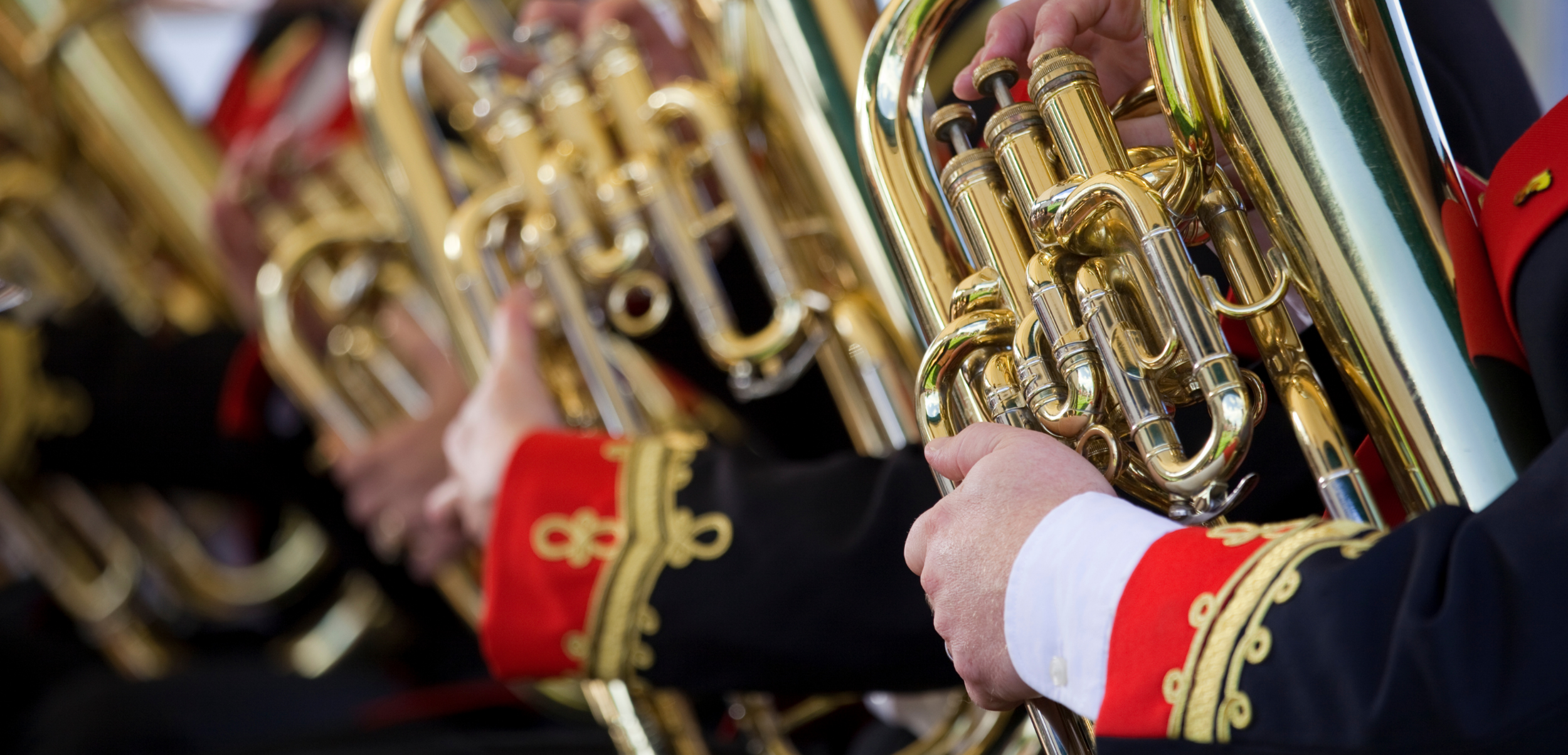
Brass Band
Valerius Variations
Grade 3 | 9 Mins
Not a great deal is known about the life of the artist and poet Adriaen Valerius (c. 1575-1625). He was born in Middelburg, in the Netherlands, and spent most of his life in there as a notary and, later, mayor. He is mostly remembered today for his collection of 79 songs for voice(s) and lute or cittern (possibly put together after his death, certainly published posthumously in 1626) called the Nederlandtsche Gedenck-clanck (literally Netherlands ‘sound-memories’). The book is a collection of his poems, set to already-existing popular melodies, and is significant in that it is one of the earliest published sources of the Wilhelmus – the Dutch National Anthem. The book gained national popularity during the long war with Spain, a popularity that was revived for similar reasons during German occupation in the 2nd World War.
The melody used for this set of variations is Merck toch, hoe sterck, whose words tell about the War of Independence with Spain. The melody originally derives from an English tune with the title: What if an houre or a moneth and is believed to be an even older sailor's song - Valerius refers to the melody as Comediantendans (Dance of the Comedians).
